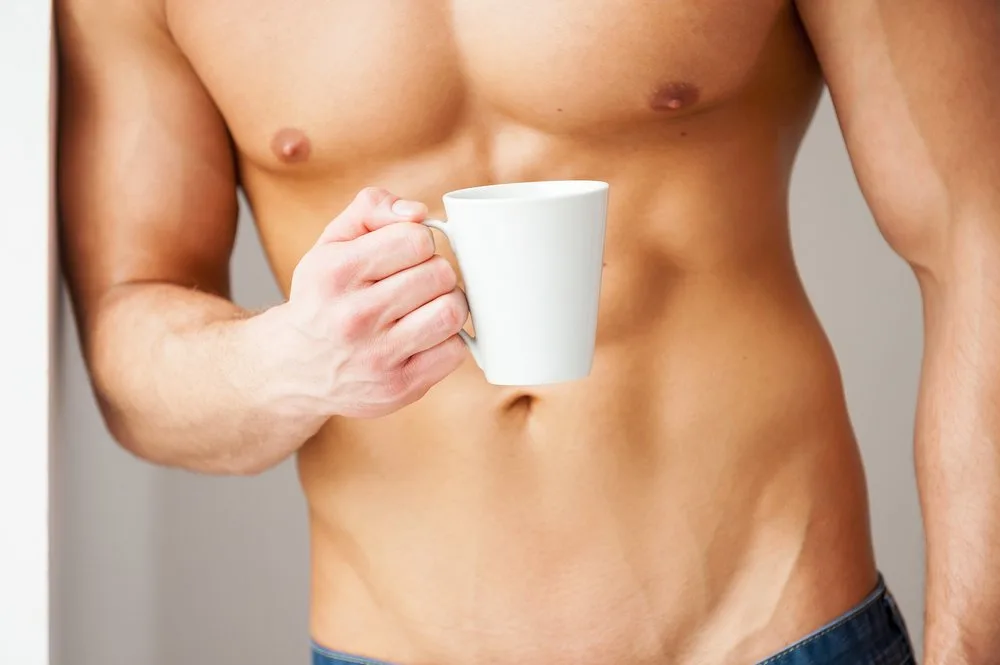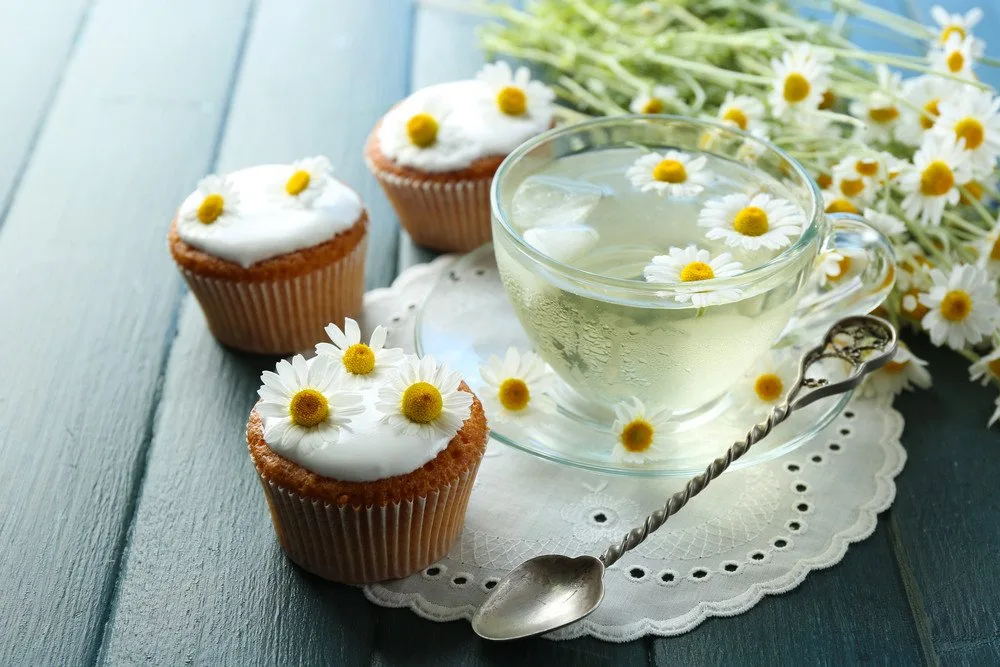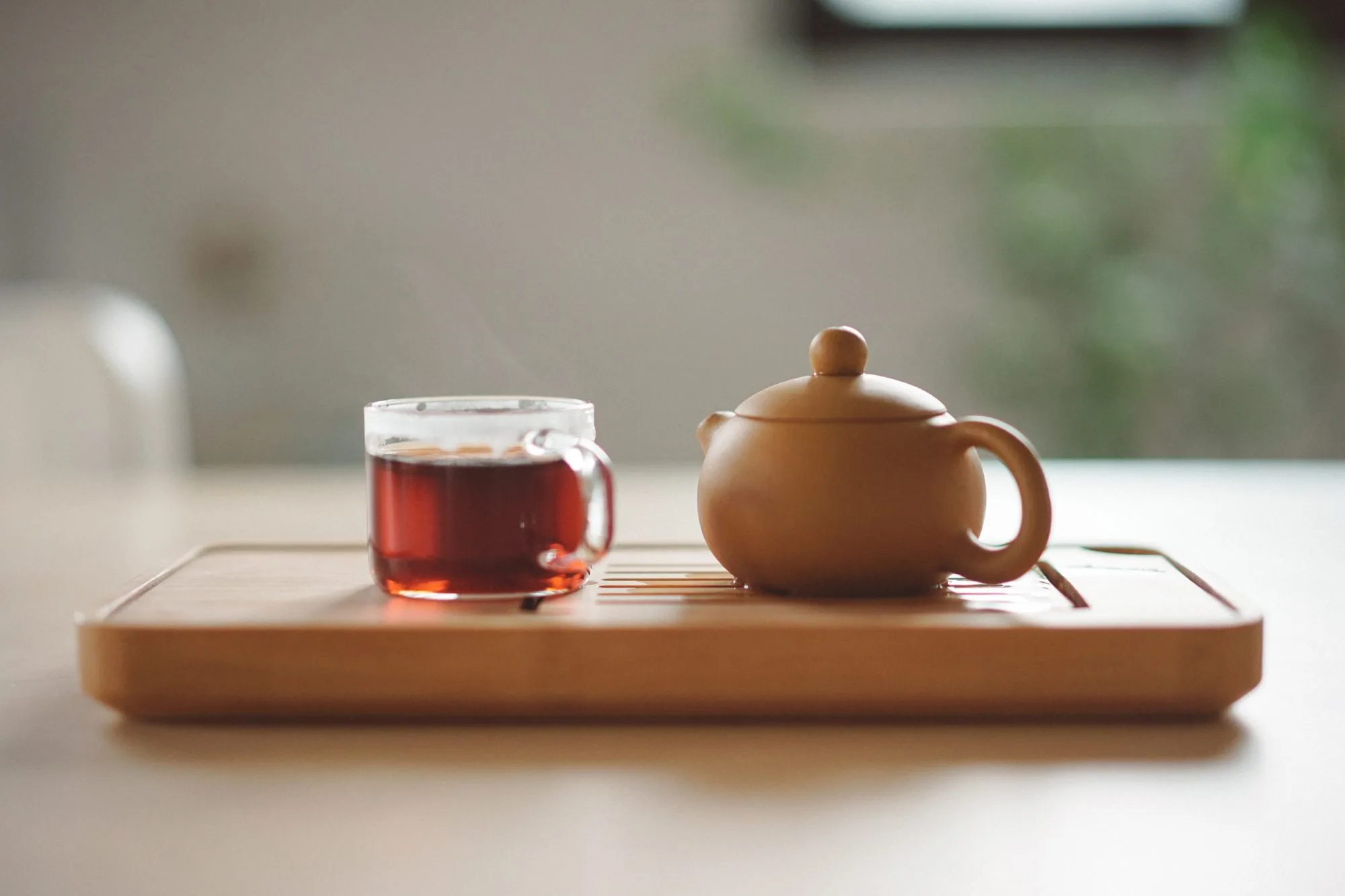Who doesn’t love teas? I mean what’s more comforting than curling up on the couch with their cup of tea, especially when they’re struck down with a cold or the flu? Now while you may not be battling with the sniffle at the current moment, there’s no reason as to why you can’t make yourself a cup of tea. Aside from the fact that it’s delicious and comforting, a cup of tea can also give your immune system a boost, and, in case you haven’t noticed, that’s precisely what we all need.
If you’re battling with a cold or the flu, teas can help to alleviate symptoms such as a sore throat, upset stomach, and even congestion. Additionally, because they’re so rich in antioxidants and powerful herbs, teas can boost and support your immune system, helping to protect you to fight against colds, the flu, and possibly, the coronavirus. Additionally, some teas can help to ease you to sleep and this too can help maintain your immune system.
12 Teas For Your Immune System
If you want to give your immune system an extra boost, or maybe you just want to enjoy a soothing cup, then here are our top 12 suggestions.
1. Green tea
One of the world’s most famous teas, green tea is exactly what your immune system needs.
Green tea is mostly popular due to its rich catechin content – catechin are powerful antioxidants that help to protect the body from oxidative stress, and this then reduces the risk of infections and diseases.
2. Black tea
Commonly drank every morning in most households, black tea also contains properties that can help the immune system. In fact, one study found in the PNAS journal revealed that black tea encouraged the release of the immune system’s T cells. When it comes to defending the body against infections, such as cancer cells, T cells play a vital role.
What’s more, black tea also contains potassium and manganese – two minerals that can help boost the immune system.
3. Ginger tea
A common beverage when you’ve got a bit of a throat tickle and for good reason.
Firstly, ginger is incredibly rich in antioxidants. So much so that research has found that it can kill off the viruses that cause the common cold (2).
4. White tea
Often overlooked in favor of black tea or green tea, you may be surprised to know that white tea is higher in antioxidants than both black or green tea. This is because its leaves are less processed, which then means it provides a much more powerful boost for your immune system.
The tea leaves are rich in antioxidants, as well as antibacterial properties, both of which help to strengthen the immune system and fight off infection.
5. Elderberry Tea
Elderberry is a dark purple berry from Europe and, being a berry, it is incredibly rich in antioxidants. Moreover, elderberries also contain high levels of vitamin C and zinc – both of which can boost the immune system and protect the body against colds and flu.
While there has yet to be a study on the effectiveness of tea, one study published in the journal Nutrients found that supplementing with elderberry can help to not only alleviate the symptoms of a cold but also reduce the duration of the cold itself.

6. Echinacea Tea
A purple flower native to North America, thanks to its anti-inflammatory properties, Echinacea tea could be your best defense during the flu season.
According to a study found in the Infectious Disease journal from the Lancet, if taken as a supplement, Echinacea can reduce your risk of catching a cold by up to 58%, and it can reduce the duration of your cold by more than a day.
7. Licorice Root Tea
With its sweet flavor, licorice root tea isn’t just sweet to the taste, but it’s also incredibly soothing for a sore throat.
As a result of its antiviral and antibacterial properties, licorice root tea is a great and sweet way to protect your immune system and fight off colds and flu (3).
8. Chamomile tea
A relaxing and soothing drink, chamomile tea is exactly what you need to get some rest.
With the state of the world, it can be easy for you to drown in anxiety and this can affect your sleep patterns. Unfortunately, high anxiety levels coupled with poor sleep patterns can weaken your immune system, and that’s the last thing that anybody should be experiencing.
So, if you’re experiencing some anxiety-ridden insomnia, then enjoying a cup of chamomile tea before bedtime can help to induce a tranquilizing reaction. Additionally, chamomile also has anti-inflammatory properties and this is always a bonus.

10. Hibiscus tea
Unbeknownst to most, hibiscus is loaded with vitamin C. So much so that you can meet your daily recommended vitamin C intake with just three cups.
As a result of its rich vitamin C content, drinking hibiscus tea is a great way to boost the immune system as well as fight off the development of colds and flu.
10. Rooibos tea
One of South Africa’s most famous exports, rooibos (pronounced ROY-boss) is bursting with anti-viral, anti-inflammatory, and antioxidant activity. It’s also rich in vitamin C, calcium, magnesium, zinc, and iron.
In regards to your immune system, research published in the journal Natural Product Communications suggested that rooibos tea may help in hindering type A and B flu viruses – the ones most commonly associated with yearly epidemics and occasional pandemics.

11. Moringa tea
Occasionally used in Ayurvedic medicine, Moringa is a nutrient powerhouse.
In addition to being super high in antioxidants and possessing anti-inflammatory properties, Moringa also contains 7 times more vitamin C than oranges. All of this helps the tea keep you healthy by warding off infections.
12. Neem Tea
Neem is a very healthy tea drink. Called Indian lilac tea, it’s a herbal infusion made from the whole or ground dried leaves of the neem tree. Because neem tea tastes bitter on its own, it is better blended with other herbs and ingredients to counter this bitterness. Some neem teas are blended with black or green tea. The exact flavor will depend on the blend but expect a bitter note from the neem leaves.
Bottom Line
One of the best ways to build up your immune system, especially if you’re sick, is to get more fluids into your system and what better fluid to choose from than one of the aforementioned teas? They’re each rich in antioxidants and other nutrients that can help keep the body healthy. So when you have some time, why don’t you kick back, relax, and enjoy the perfect cup?
References
Chang, J. S., Wang, K. C., Yeh, C. F., Shieh, D. E., & Chiang, L. C. (2013). Fresh ginger (Zingiber officinale) has anti-viral activity against human respiratory syncytial virus in human respiratory tract cell lines. Journal of ethnopharmacology, 145(1), 146–151. https://doi.org/10.1016/j.jep.2012.10.043
Kamath, A. B., Wang, L., Das, H., Li, L., Reinhold, V. N., & Bukowski, J. F. (2003). Antigens in tea-beverage prime human Vgamma 2Vdelta 2 T cells in vitro and in vivo for memory and nonmemory antibacterial cytokine responses. Proceedings of the National Academy of Sciences of the United States of America, 100(10), 6009–6014. https://doi.org/10.1073/pnas.1035603100
Matsumoto, K., Yamada, H., Takuma, N., Niino, H., & Sagesaka, Y. M. (2011). Effects of green tea catechins and theanine on preventing influenza infection among healthcare workers: a randomized controlled trial. BMC complementary and alternative medicine, 11, 15. https://doi.org/10.1186/1472-6882-11-15
Mousa H. A. (2017). Prevention and Treatment of Influenza, Influenza-Like Illness, and Common Cold by Herbal, Complementary, and Natural Therapies. Journal of evidence-based complementary & alternative medicine, 22(1), 166–174. https://doi.org/10.1177/2156587216641831
Shah, Sachin A et al. (2007). Evaluation of echinacea for the prevention and treatment of the common cold: a meta-analysis. The Lancet Infectious Diseases, Volume 7, Issue 7, 473 – 480
Tiralongo, E., Wee, S. S., & Lea, R. A. (2016). Elderberry Supplementation Reduces Cold Duration and Symptoms in Air-Travellers: A Randomized, Double-Blind Placebo-Controlled Clinical Trial. Nutrients, 8(4), 182. https://doi.org/10.3390/nu8040182
Wu, W., Li, R., Li, X., He, J., Jiang, S., Liu, S., & Yang, J. (2015). Quercetin as an Antiviral Agent Inhibits Influenza A Virus (IAV) Entry. Viruses, 8(1), 6. https://doi.org/10.3390/v8010006



![women [longevity live]](https://longevitylive.com/wp-content/uploads/2020/01/photo-of-women-walking-down-the-street-1116984-100x100.jpg)










